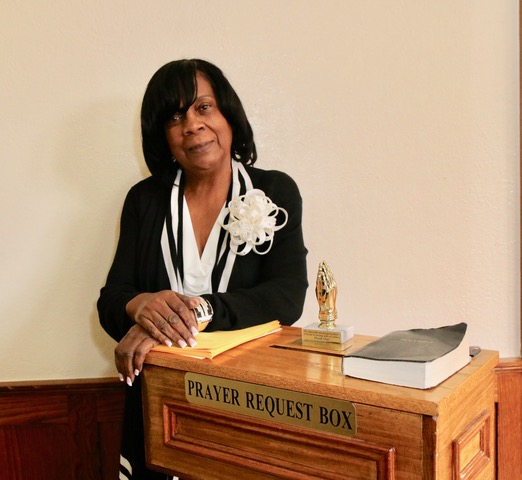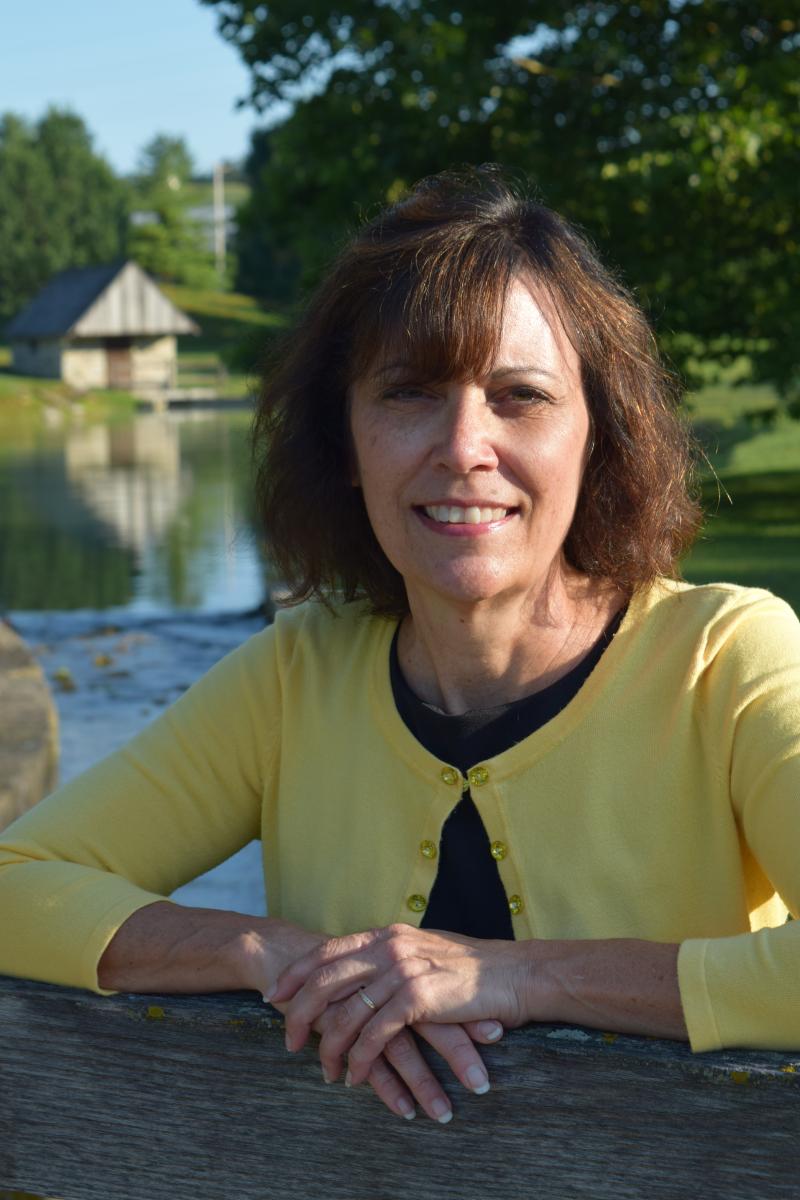Story by Visitor Staff
While serving as a volunteer at the Reach International Children’s Home in Santa Barbara, Honduras, Mandy Corea was in charge of cooking breakfast for about 70 people.
One morning she walked into the kitchen, like she did every morning, and couldn’t find matches to light the gas stove.
Corea, Campus Ministries director and English as a Second Language teacher at Chesapeake Conference’s Highland View Academy in Hagerstown, Md., looked all over the place, searched various storage rooms and went into people’s rooms to see if anyone had matches, she says. She continued looking for about 40 minutes, stressed because she needed to prepare breakfast before the kids left for school.



 Story by Michele Joseph/ Photos by Norman Mitchell
Story by Michele Joseph/ Photos by Norman Mitchell
 Story by Michele Joseph
Story by Michele Joseph
